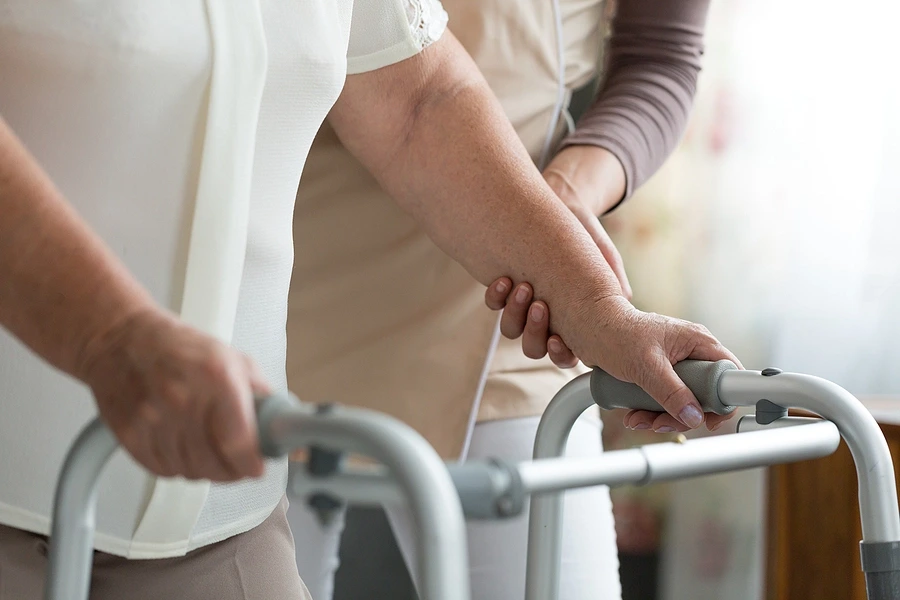When Negligence Leads to Harm: Holding Nursing Homes Accountable in Florida

Nursing homes are meant to be safe havens for the elderly, providing the care and support they need in their later years. However, when these facilities fail to meet their obligations, negligence can lead to severe harm or even wrongful death. In Florida, where a substantial portion of the population resides in nursing homes, holding these facilities accountable for their actions is crucial. Here’s an informative look at how to address nursing home negligence and ensure accountability.
Understanding Nursing Home Negligence
Nursing home negligence occurs when a facility fails to provide the standard of care expected, resulting in harm to residents. This can take many forms, including:
- Physical Neglect: Failing to provide basic needs such as food, water, and hygiene.
- Medical Neglect: Ignoring or improperly administering medical treatment.
- Emotional Neglect: Failing to provide social and emotional support, leading to feelings of isolation and depression.
- Environmental Neglect: Allowing unsafe conditions like poor sanitation or hazardous living areas.
Recognizing the Signs of Negligence
Identifying nursing home negligence early can prevent further harm. Common signs include:
- Unexplained Injuries: Bruises, cuts, or fractures without clear explanations.
- Poor Hygiene: Residents appearing unclean or having untreated bedsores.
- Sudden Weight Loss: Indicating potential neglect in nutrition.
- Behavioral Changes: Withdrawal, fearfulness, or depression.
Legal Framework for Accountability in Florida
Florida has stringent laws designed to protect nursing home residents. The Agency for Health Care Administration (AHCA) oversees these facilities, ensuring compliance with state standards. When negligence occurs, several legal avenues can be pursued to hold nursing homes accountable.
Steps to Take if You Suspect Negligence
- Document Evidence: Keep detailed records of any signs of neglect or abuse. This includes photographs, medical reports, and personal notes detailing incidents.
- Report to Authorities: Notify the nursing home administration and the AHCA. In cases of severe neglect or abuse, contact the Florida Department of Children and Families (DCF) or local law enforcement.
- Seek Medical Attention: Ensure that the affected resident receives immediate medical care to address any injuries or health issues resulting from negligence.
- Consult an Attorney: Engage a lawyer who specializes in nursing home abuse and wrongful death cases. They can guide you through the legal process and help gather the necessary evidence.
Legal Recourse for Negligence
Several legal strategies can be used to hold nursing homes accountable:
- Filing a Complaint: Submit a formal complaint to the AHCA, which can lead to investigations and potential sanctions against the facility.
- Civil Lawsuits: Families can file civil lawsuits for negligence, seeking compensation for damages such as medical expenses, pain and suffering, and wrongful death.
- Class Action Lawsuits: In cases where multiple residents have been affected, a class action lawsuit can be a powerful tool to address systemic issues within a facility.
Importance of Legal Representation
Navigating the complexities of nursing home negligence claims can be challenging. Legal representation is essential for several reasons:
- Expert Guidance: Attorneys with experience in elder law understand the nuances of these cases and can effectively advocate for your loved one’s rights.
- Evidence Collection: Lawyers can help gather and present the necessary evidence to support your claims.
- Negotiation and Litigation: Whether through settlement negotiations or courtroom litigation, an attorney can help achieve the best possible outcome.
Advocating for Systemic Change
Beyond individual cases, addressing nursing home negligence also involves advocating for broader systemic changes:
- Stricter Regulations: Pushing for more stringent state regulations and regular inspections to ensure compliance with care standards.
- Public Awareness: Raising awareness about nursing home negligence through community outreach and education programs.
- Policy Reforms: Supporting legislative efforts aimed at improving nursing home conditions and accountability.
Conclusion
Nursing home negligence is a serious issue that can have devastating consequences for residents and their families. In Florida, holding nursing homes accountable involves a combination of legal action, regulatory oversight, and public advocacy. By recognizing the signs of negligence, taking swift action, and seeking legal recourse, we can protect our elderly population and ensure they receive the care and respect they deserve. Awareness and vigilance are key to preventing harm and fostering a safer environment for all nursing home residents.